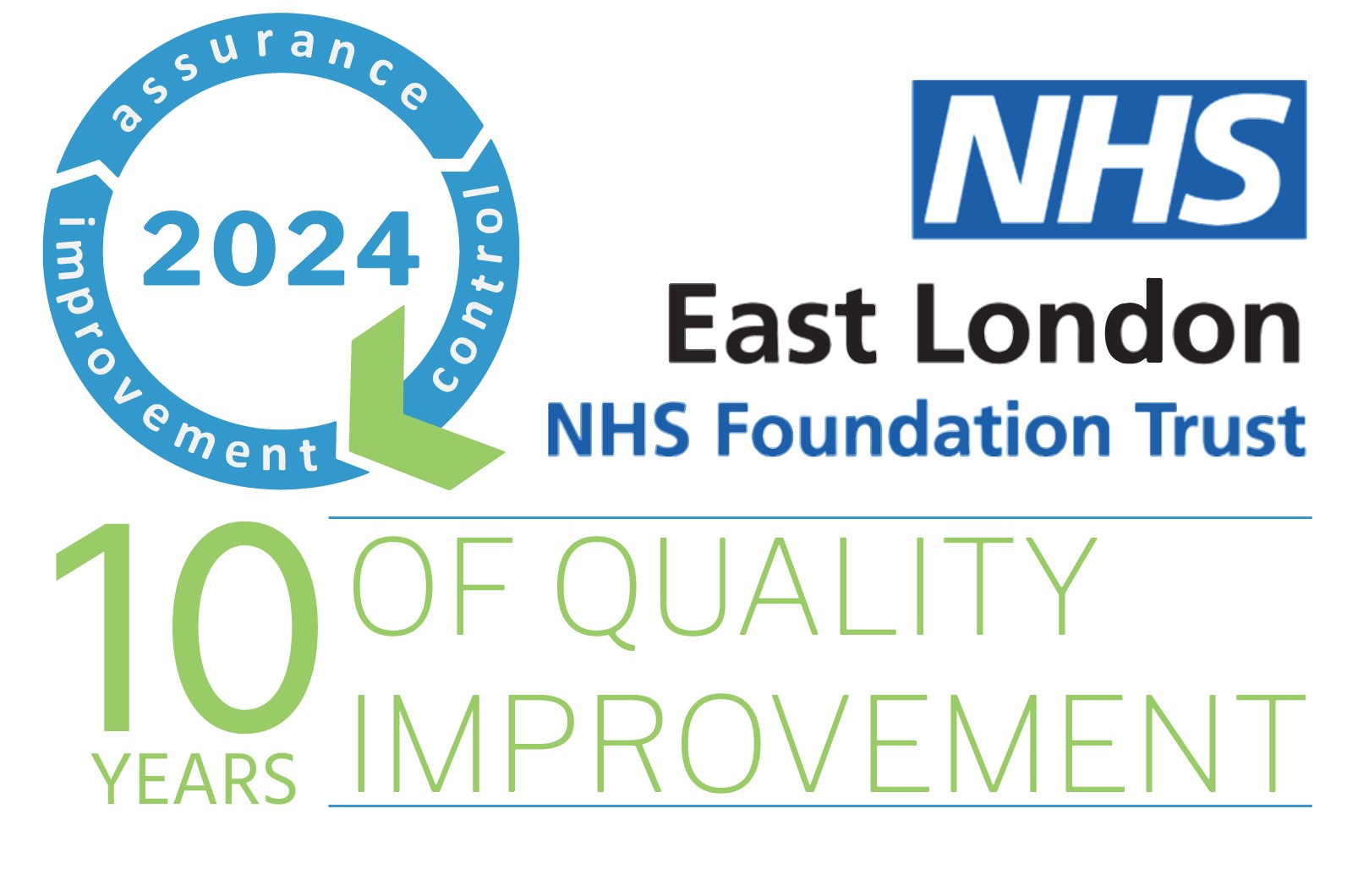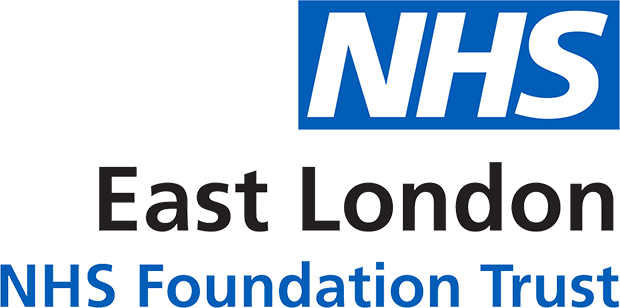Service Users Reflect on Therapeutic Engagement & Observations Work in Tower Hamlets
By Sarah McAllister (Senior Improvement Advisor) and three service users from Tower Hamlets
In Tower Hamlets, quality improvement (QI) work is changing the landscape of therapeutic engagement and observations. Service users and carers are at the heart of this journey. In this 3-minute read, three service users share their perspectives on why this work is crucial. For confidentiality reasons, names have been changed.
Why is this work important to service users?
At the heart of this work, Rachel illuminated the profound impact of compassionate treatment during times of distress. “It’s important because it does make a huge difference to a service user when they are really unwell,” she emphasised. “To be treated with compassion and to be treated as a human being, not as a patient or a diagnosis.” Her words echoed the sentiment that humane care extended far beyond medical labels, where fostering a sense of safety creates a ripple effect where improved conditions for service users also ease the burden on dedicated staff.
Claire added a personal touch to the narrative, recounting a time when she felt neglected and uncared for. She reflected on “the decade-long wait for meaningful conversations to begin”, expressing gratitude that these discussions are finally taking place. Claire saw her own painful experiences as a valuable resource, a tool to guide staff towards more empathetic practices and overall service development.
Ravi echoes the sentiment that this work is essential. Despite the challenges, service users are committed to supporting improvement, acknowledging the difficulty in revisiting painful memories.
What has it been like being involved in the work?
As the conversation unfolded, the participants delved into their personal experiences of engaging in this work. Reflecting on a recent collaborative meeting, Rachel described the positivity she felt. “I appreciate the therapeutic element of engaging with staff, understanding their perspectives, and building bridges of understanding,” underscoring the importance of empathy and collaboration.
Claire echoed this sentiment, acknowledging the receptiveness of staff during the QI meetings. With a real passion for improving services, Claire highlighted the importance of collectively addressing issues. She emphasised the need for “simulations and training to bridge the empathy gap”, offering a unique perspective on the needs of service users. Their collective experiences painted a picture of collaboration, understanding, and a shared commitment to improvement.
What have we achieved so far?
The participants expressed optimism about the progress that’s been made so far. Rachel hopes that future experiences for service users placed under observation will be positive, envisioning a shift in perception toward acceptance and comfort. “I hope that it was a really positive experience for them,” she expressed, stressing the importance of a QI team comprising both staff and service users to track progress and provide a structured approach.
Claire, while positive about the progress, raised concerns about the potential for initiatives to remain in the conversation phase without meaningful testing and implementation. She discussed the need for follow-through on the generated ideas to ensure tangible change. She appreciates the way teams have been testing ideas and learning from what happened and said, “although data is not my strong point, I’m happy to see some shifts in the right direction.”
What are the next steps for the work?
In closing, our participants expressed gratitude for being involved and engaged throughout the process, highlighting the success of hybrid meetings in making them feel included (see Figure 1 for a picture of one of our hybrid meetings). Claire said “it’s been amazing and [during meetings] everyone is very attentive to us and makes sure we’re involved. I thought it’s been really good”.
Figure 1 – one of our hybrid meetings
The team are currently in the process of using the Plan Do Study Act cycle (PDSA) to test three change ideas across multiple wards. These include a board relay, zonal observations, and support workers engaging in activities during the evenings. The team plans to consistently monitor the data and gather feedback from both staff and service users to assess the practical effectiveness of these change ideas.





